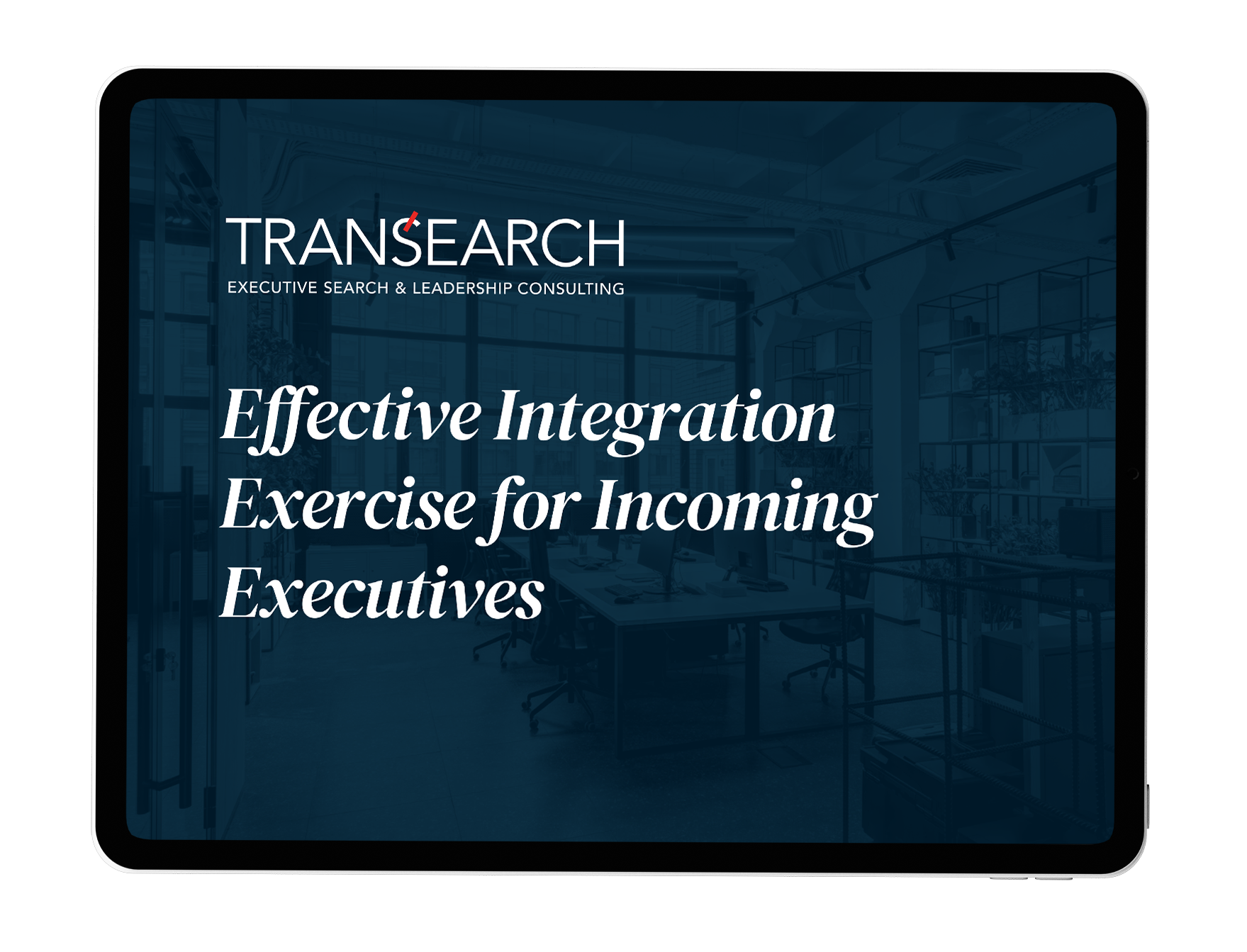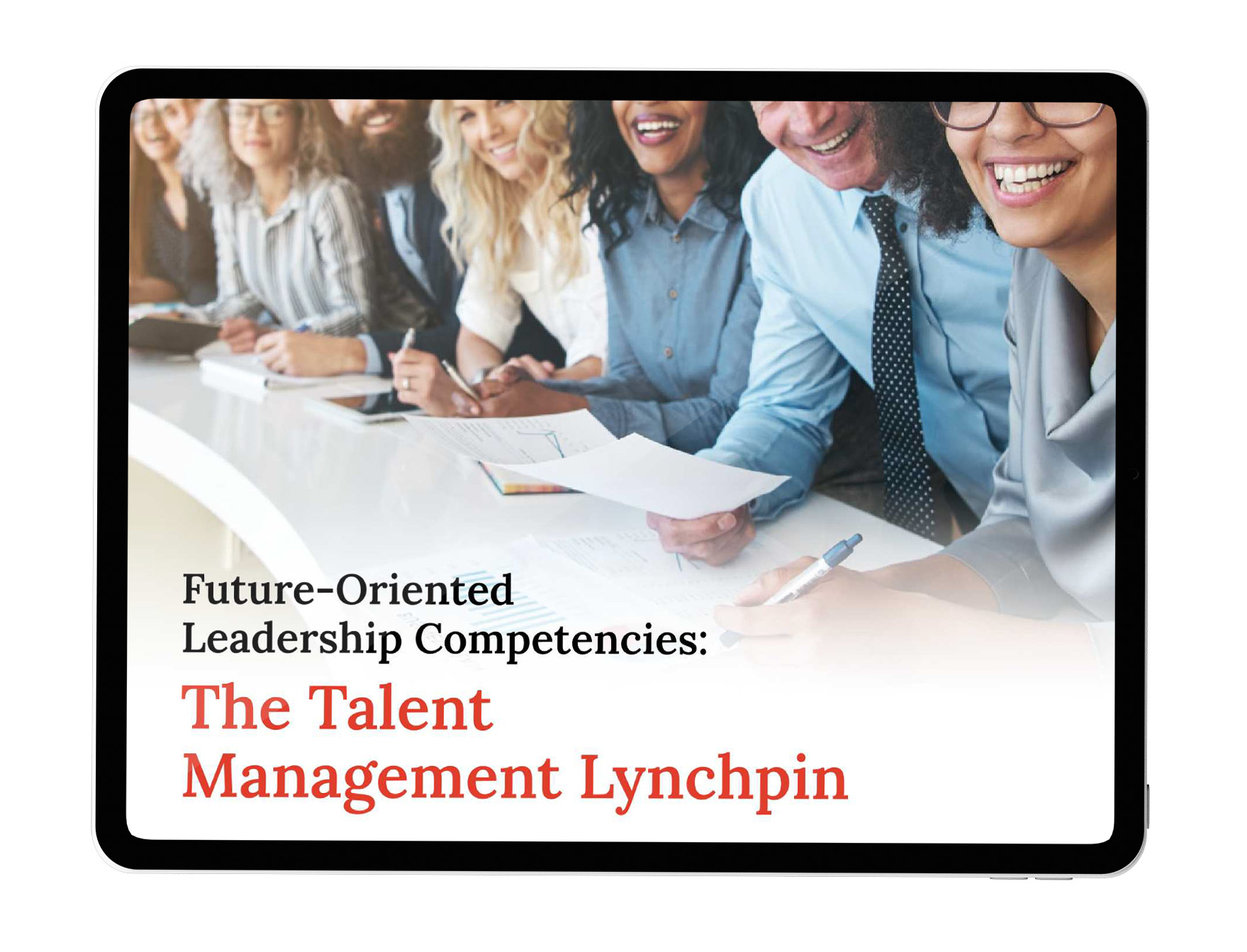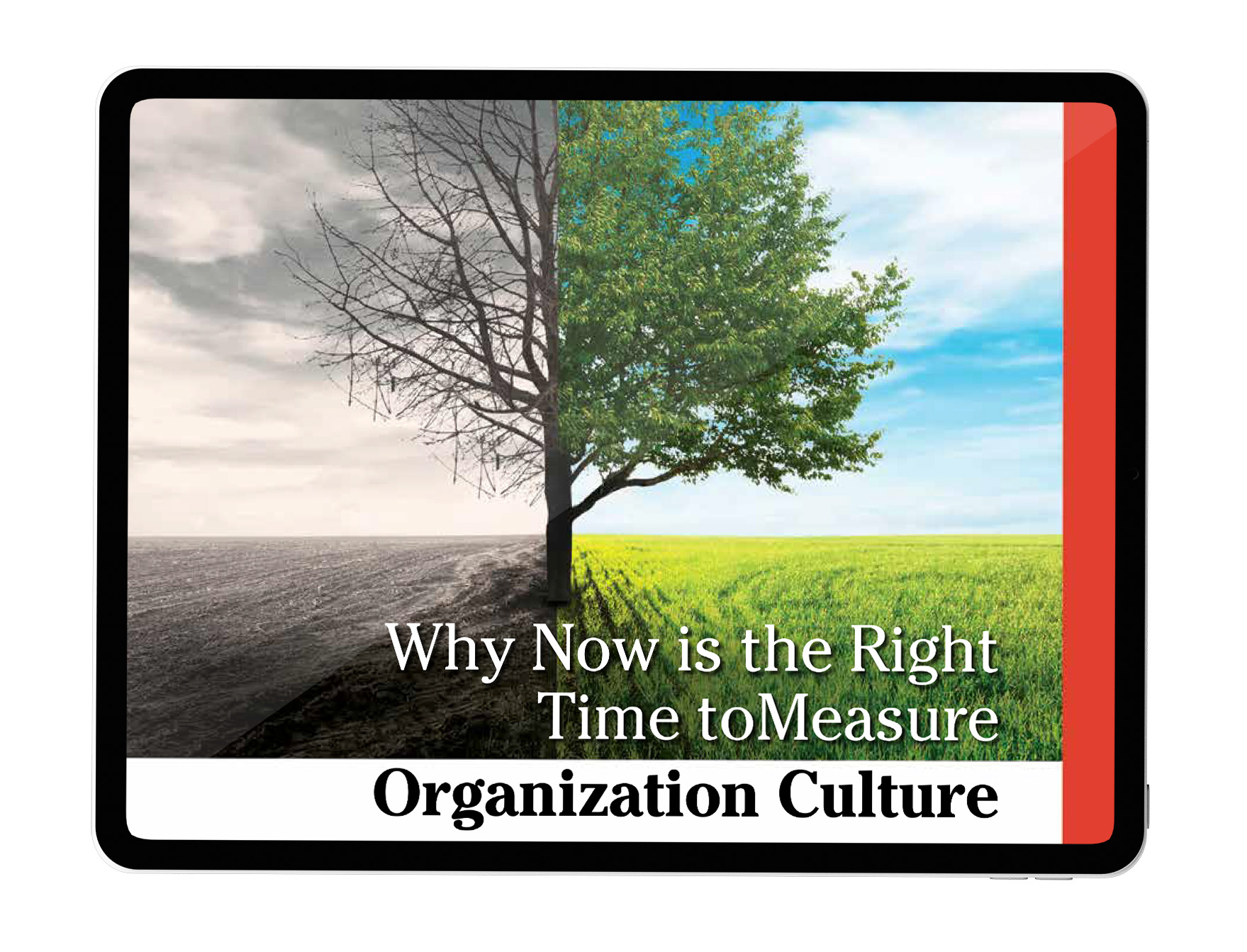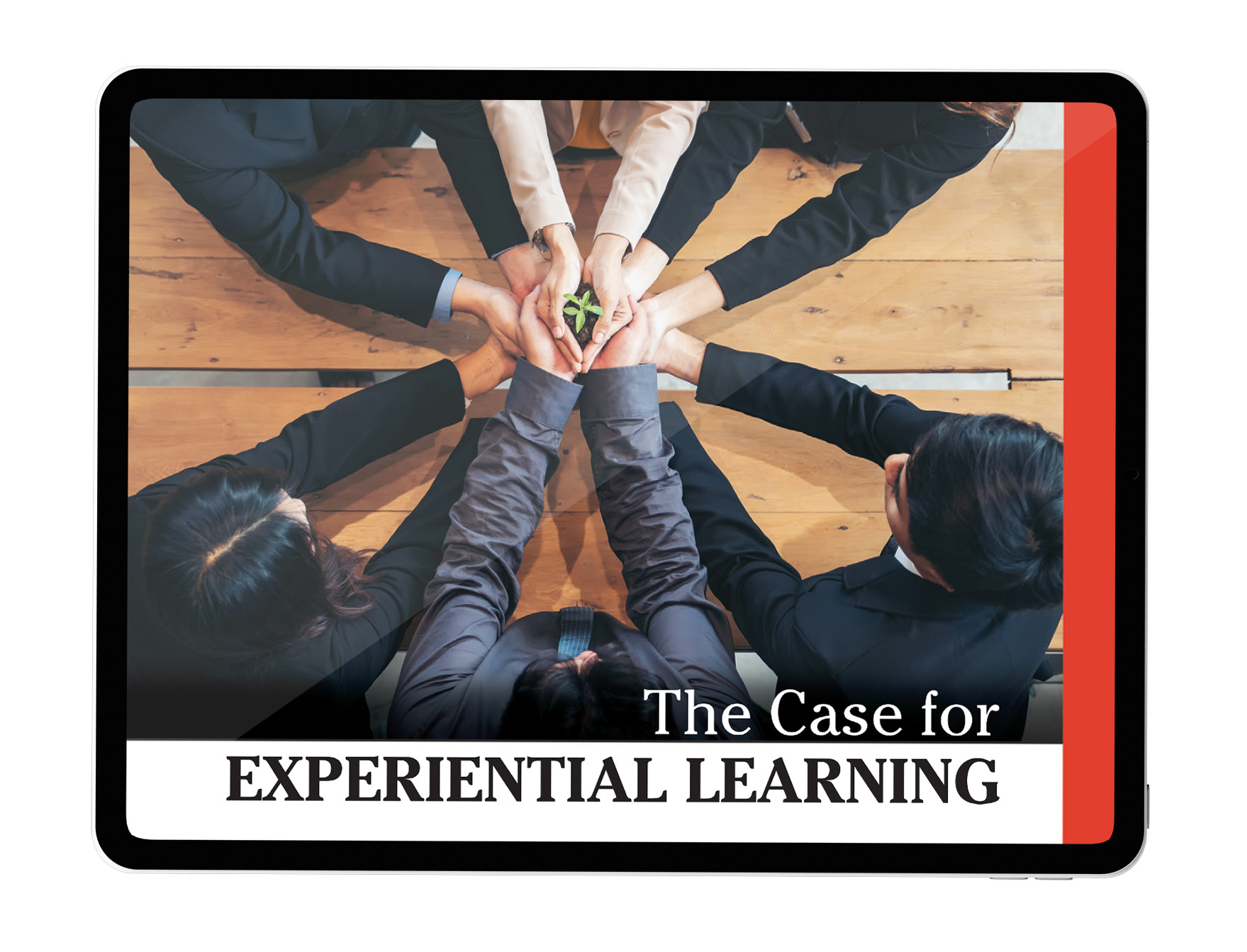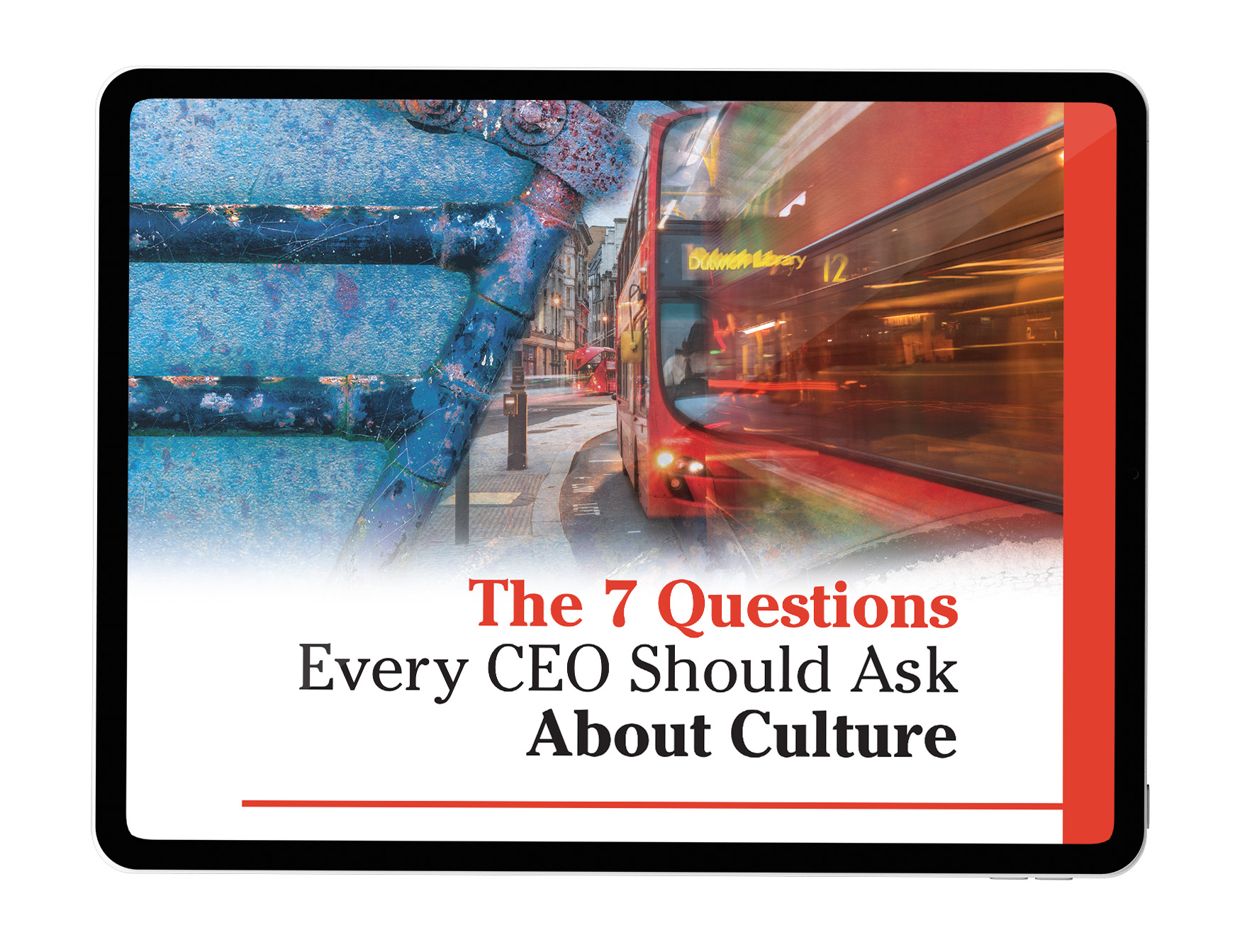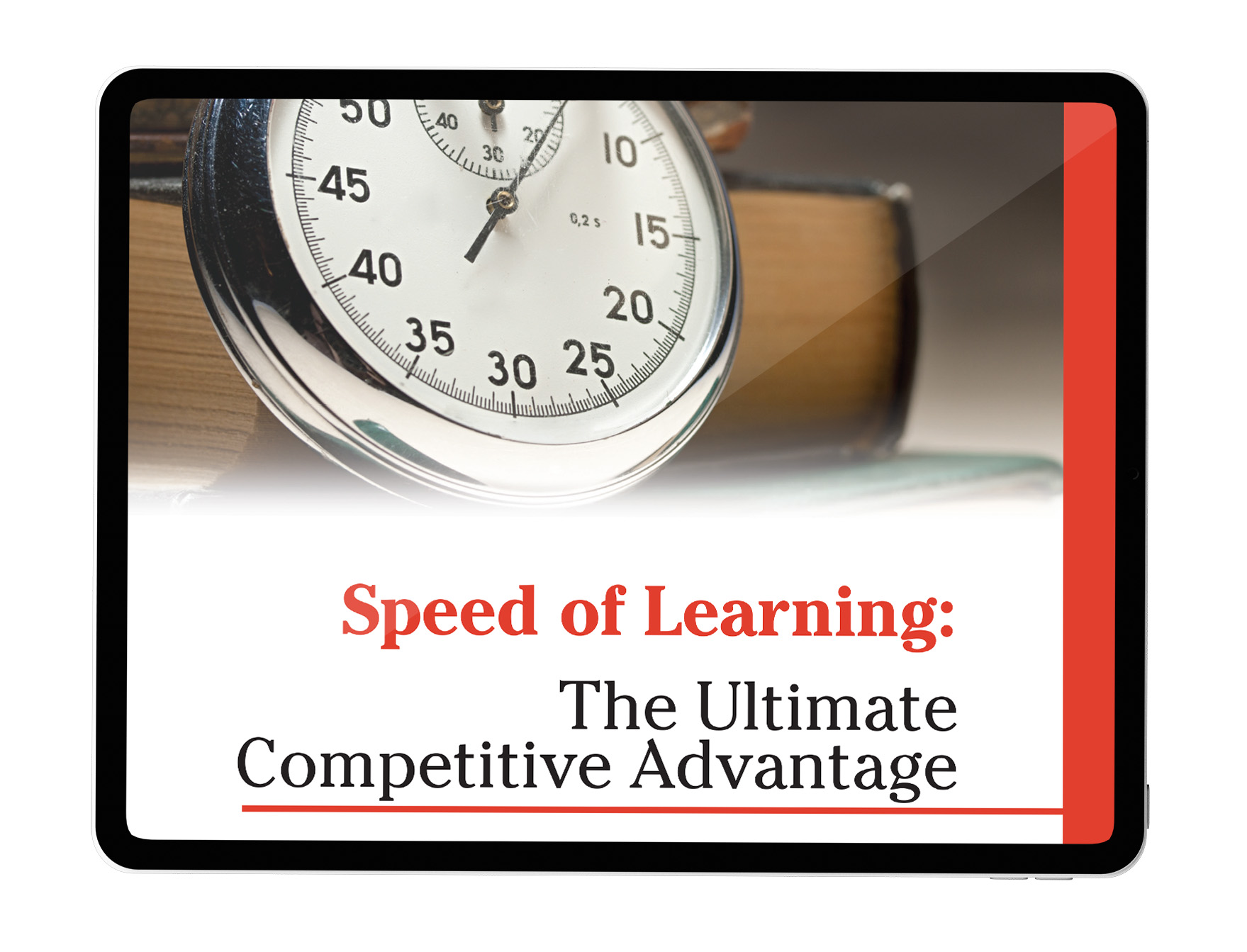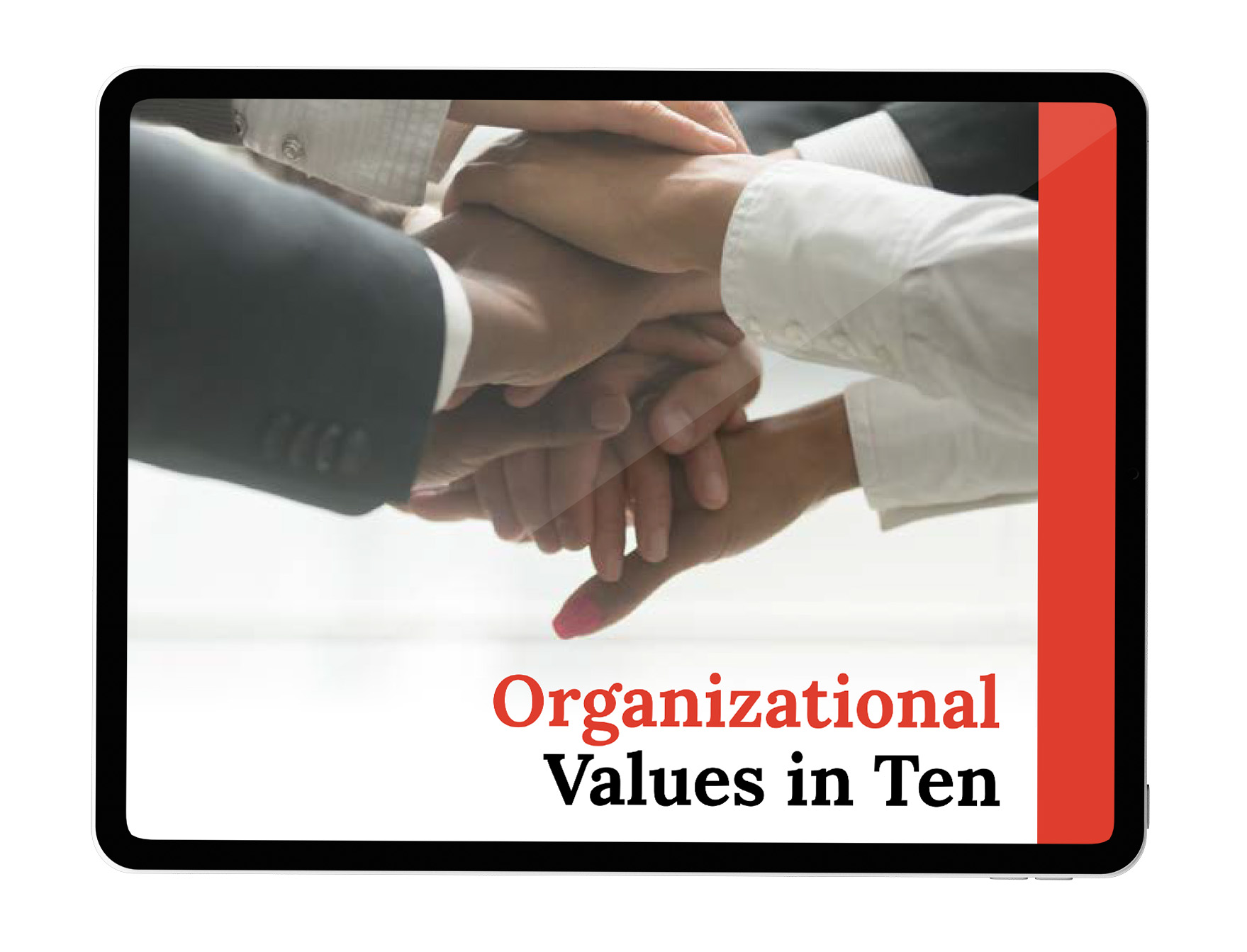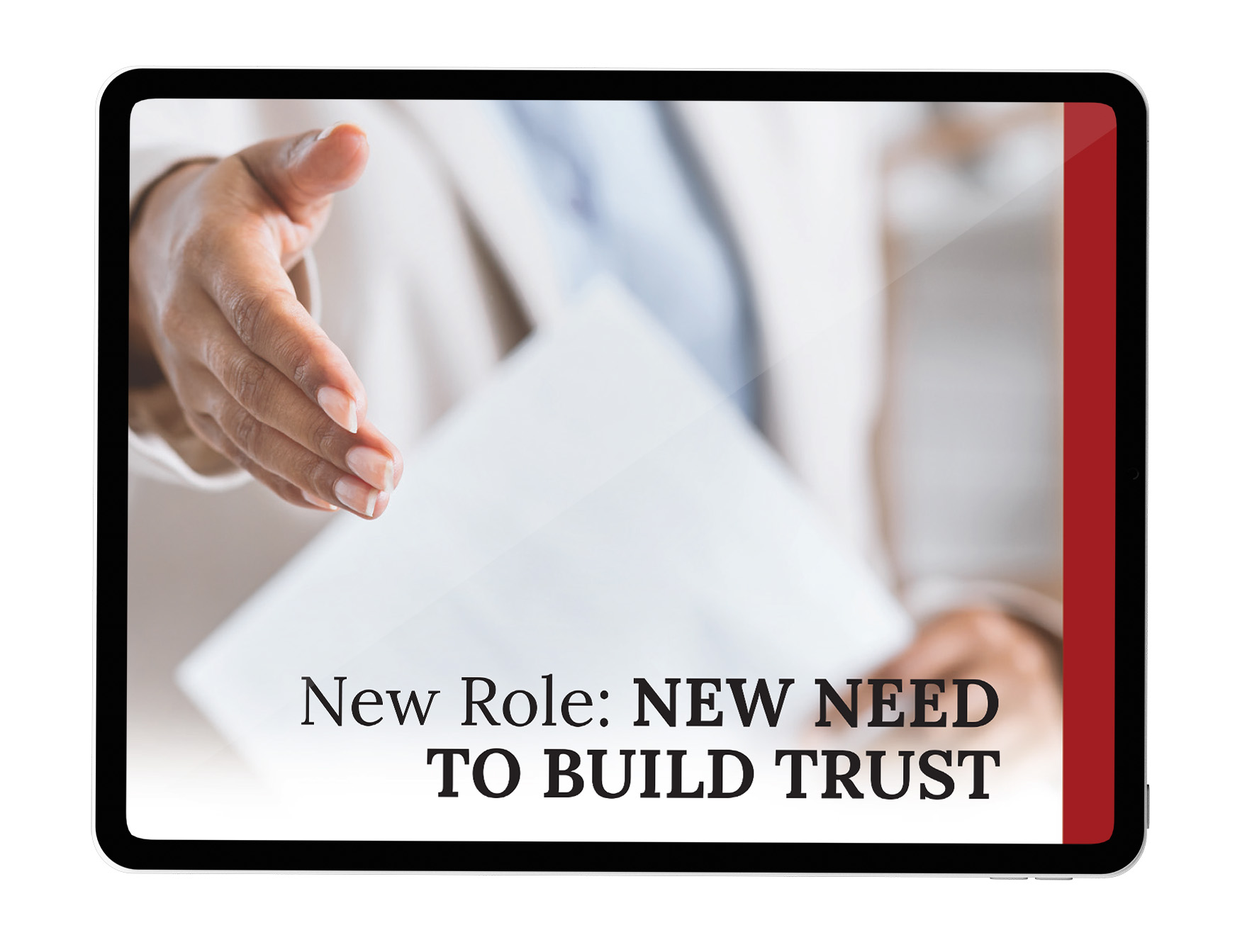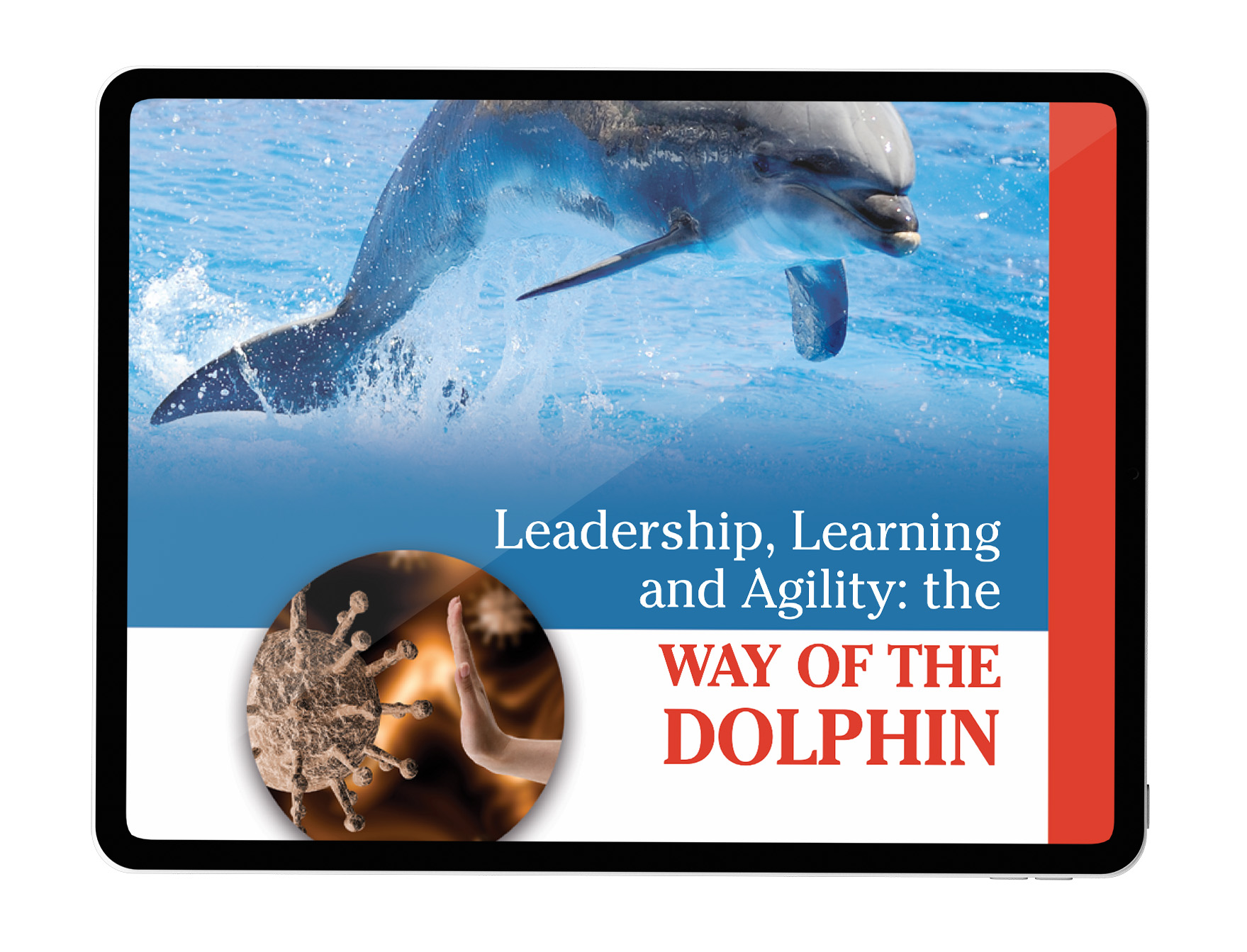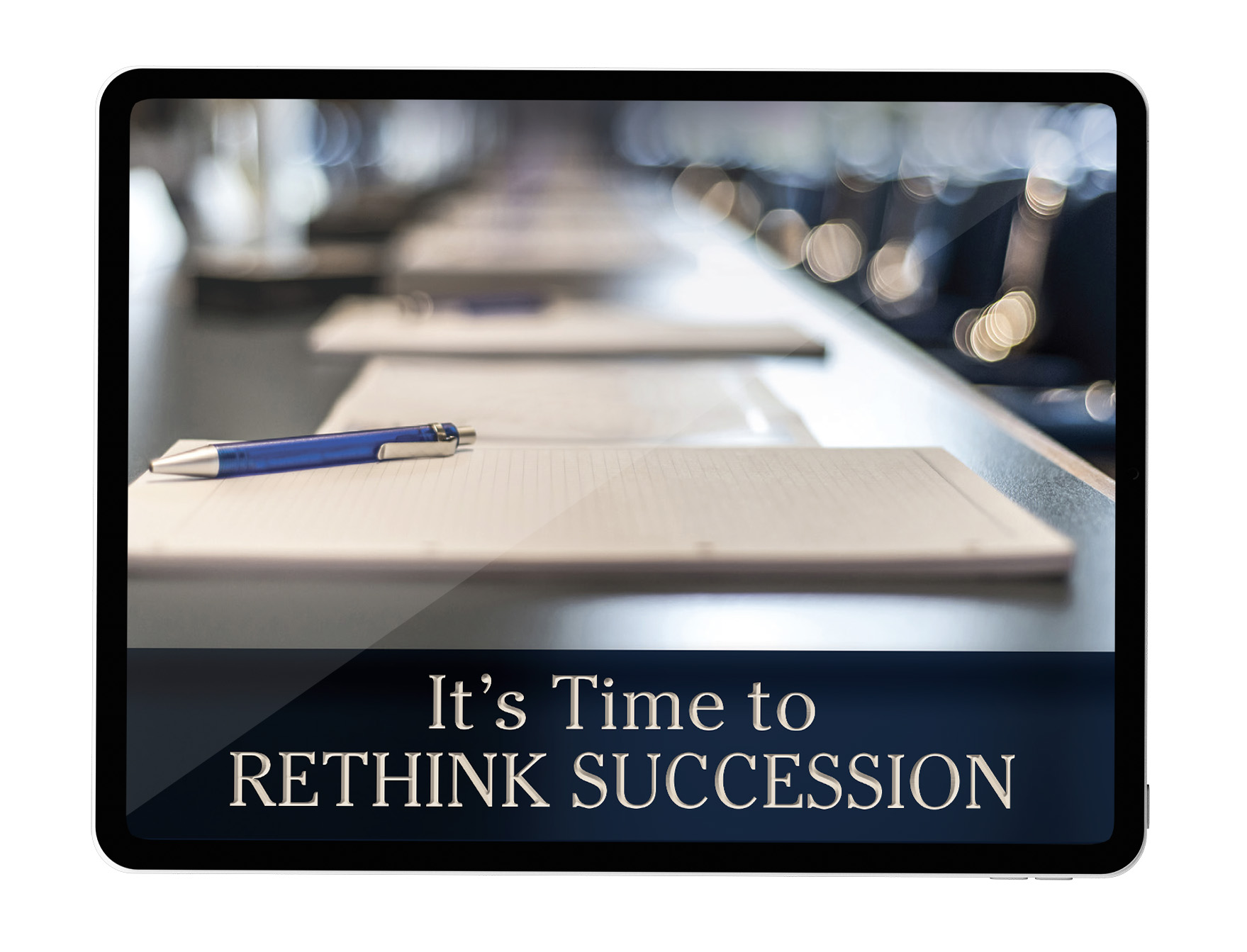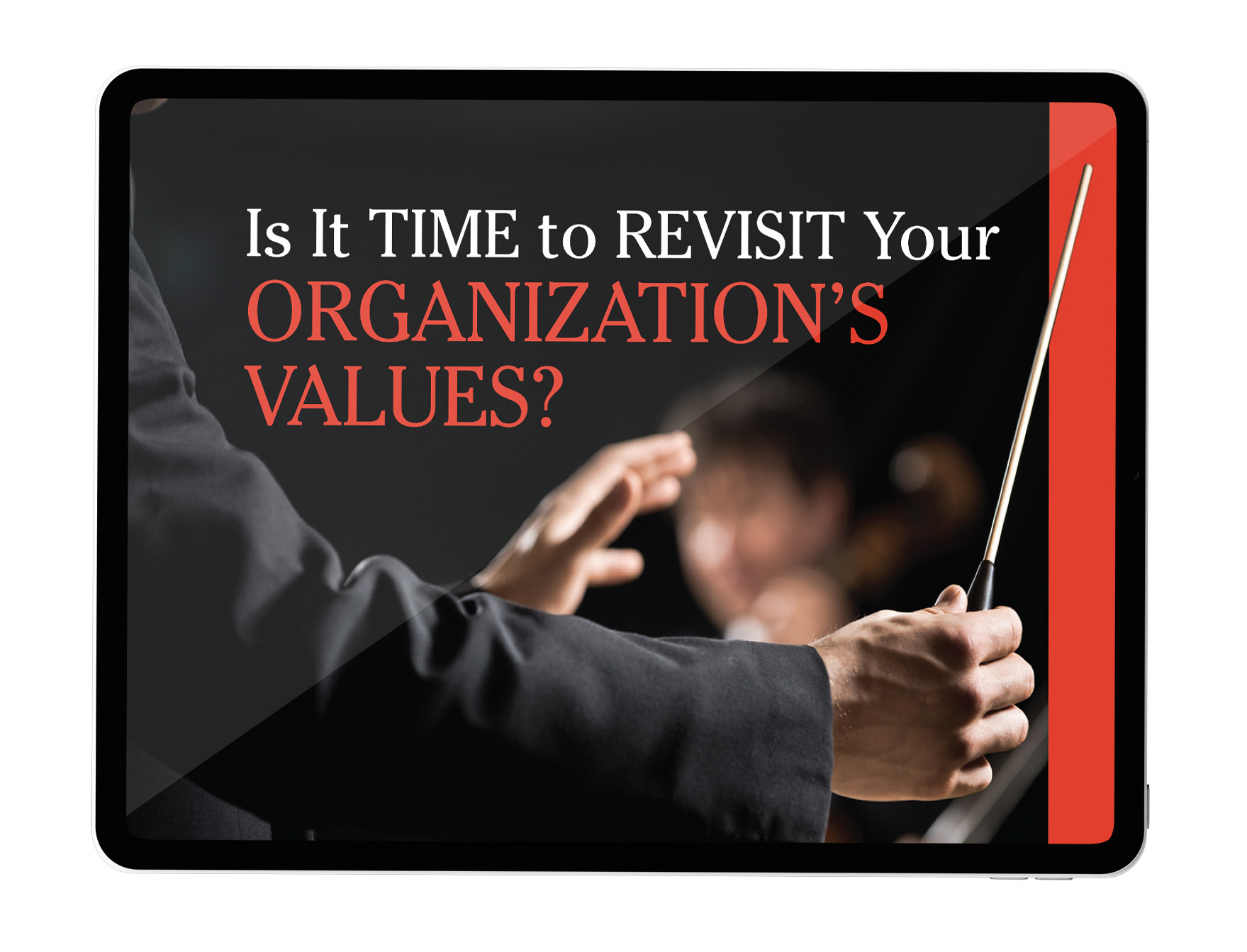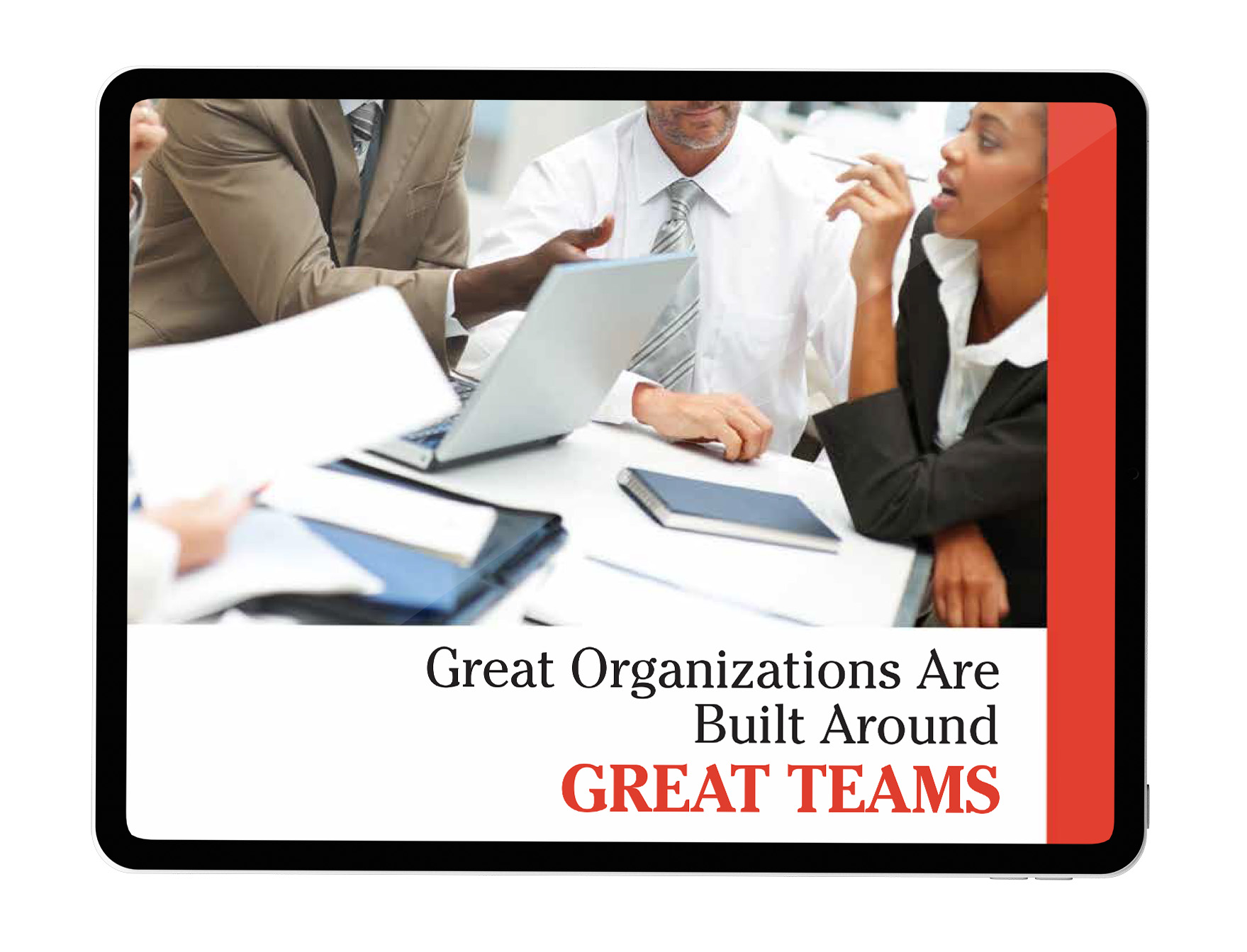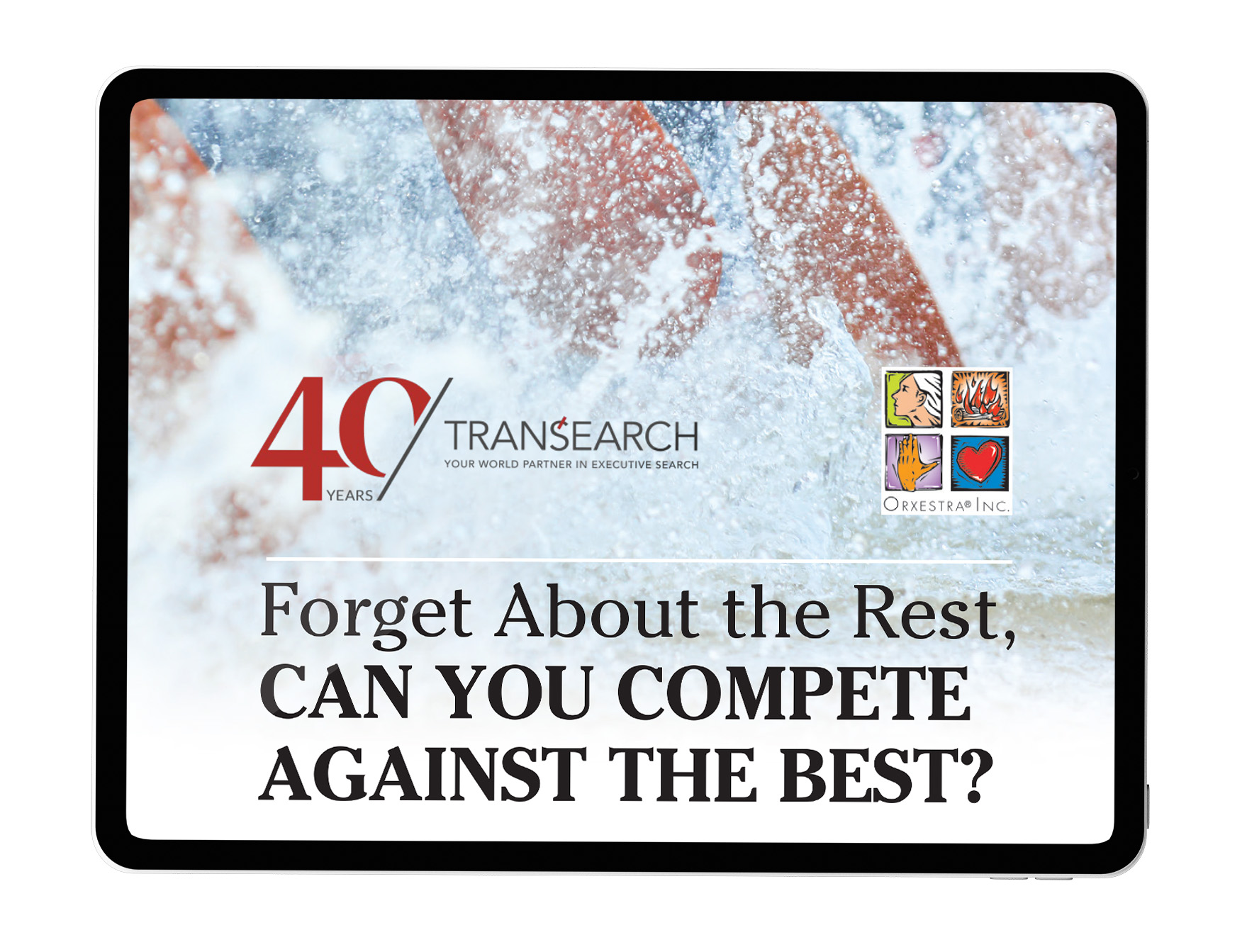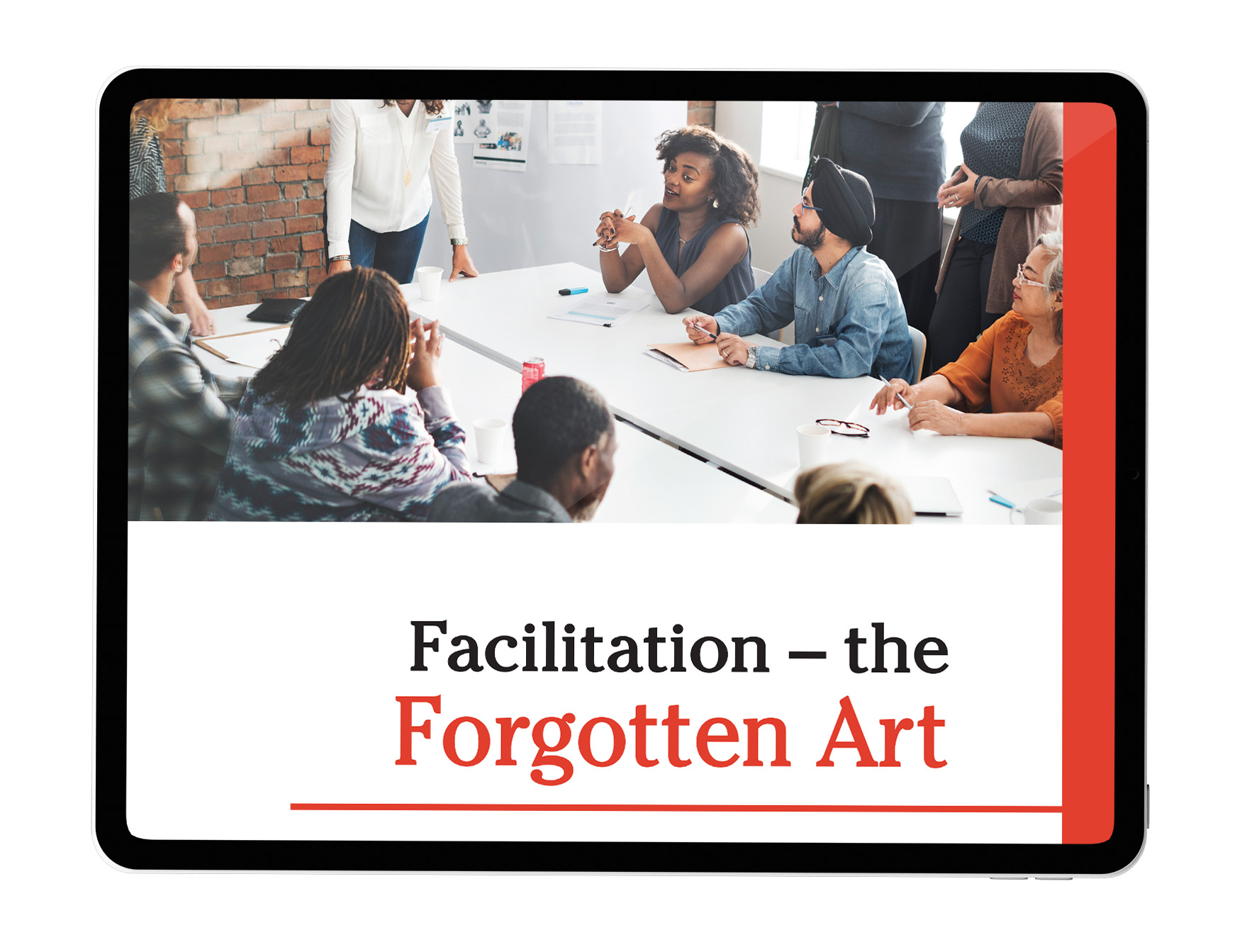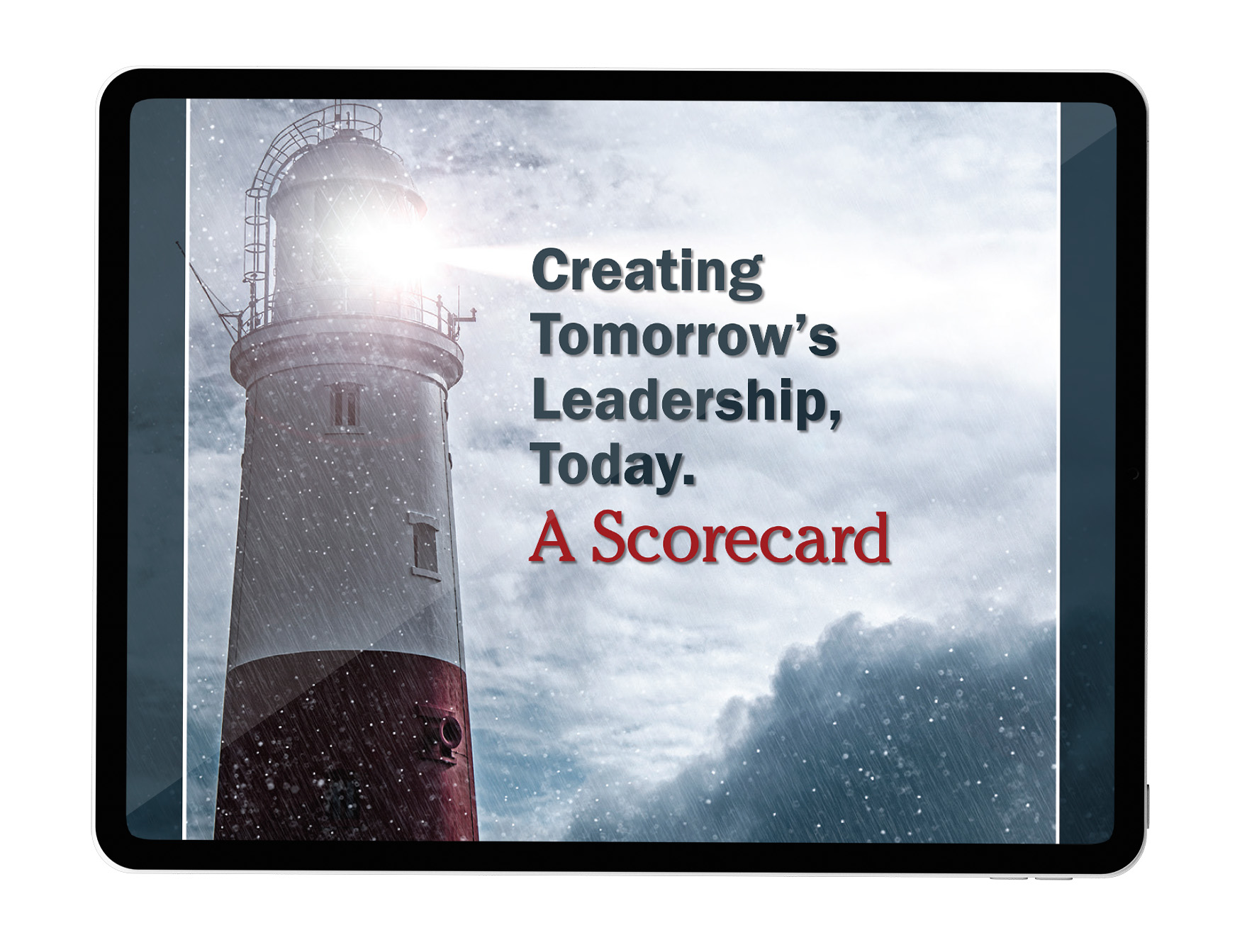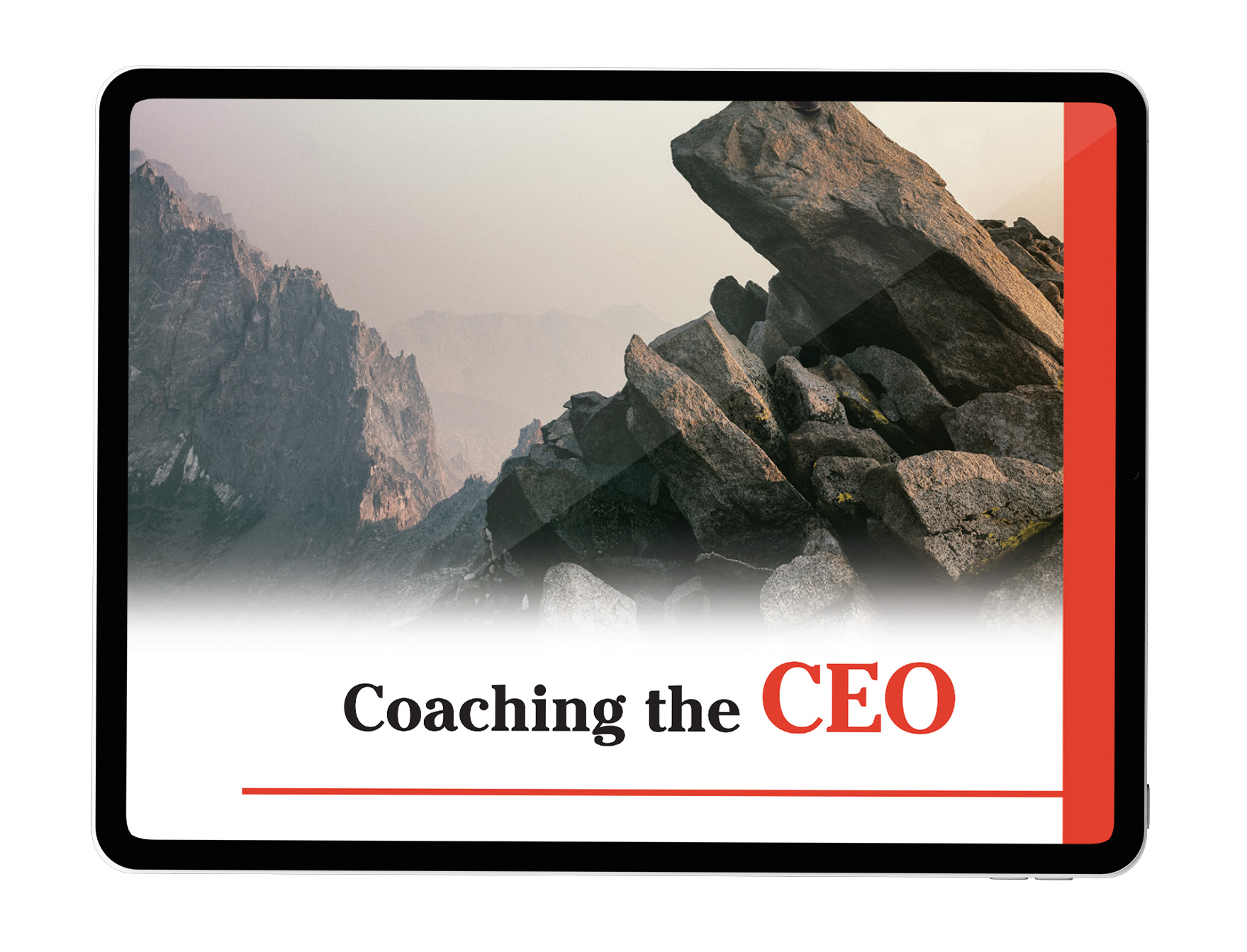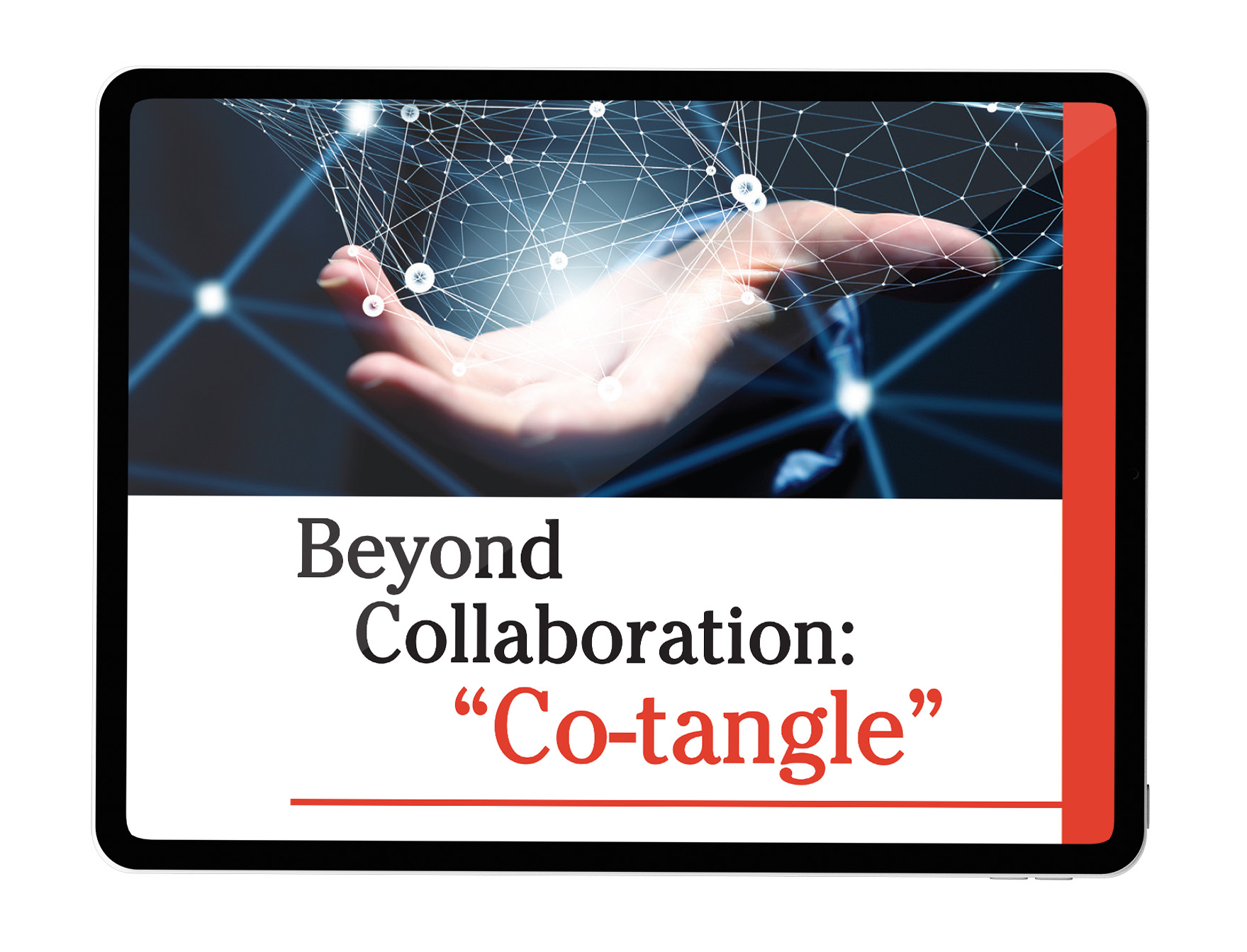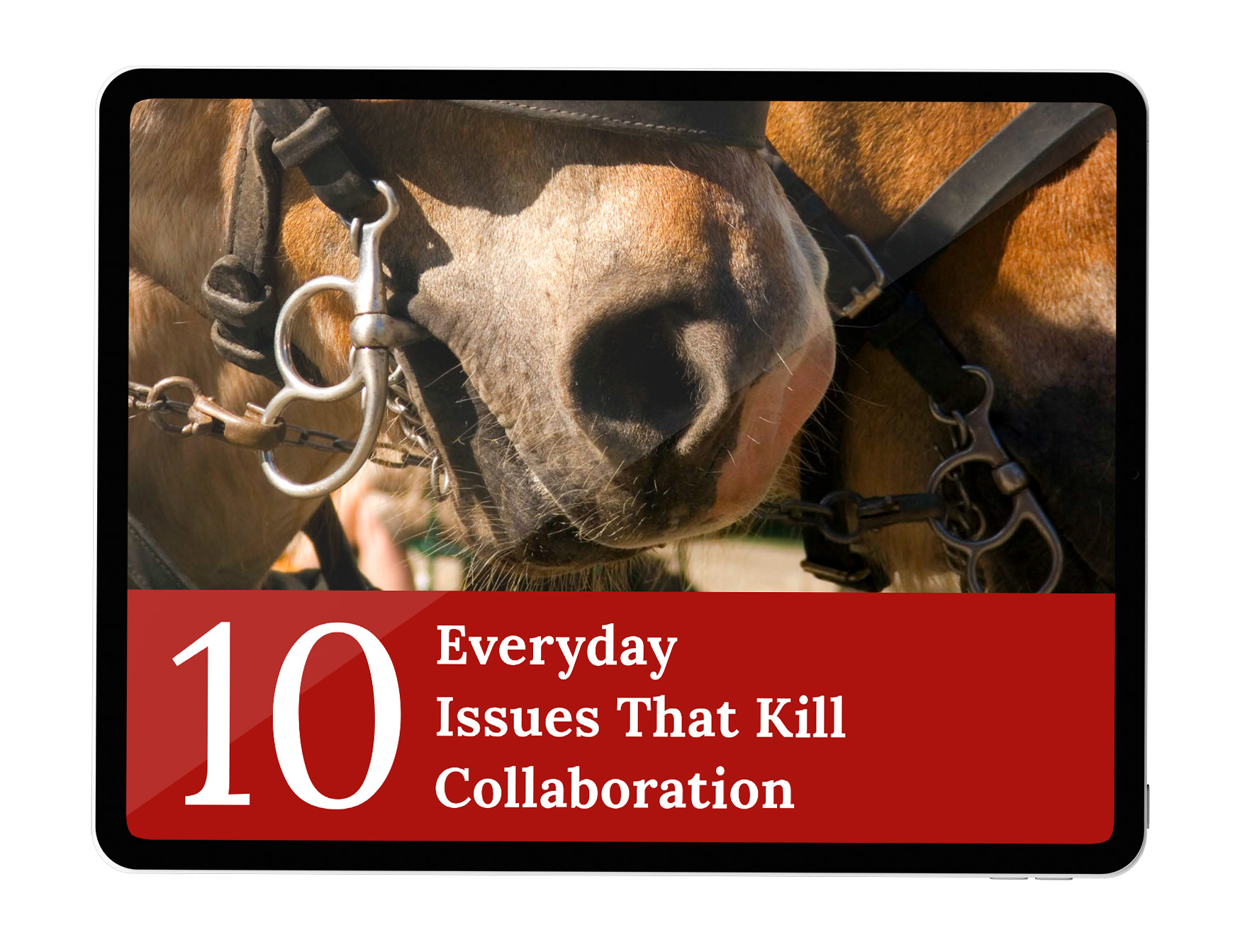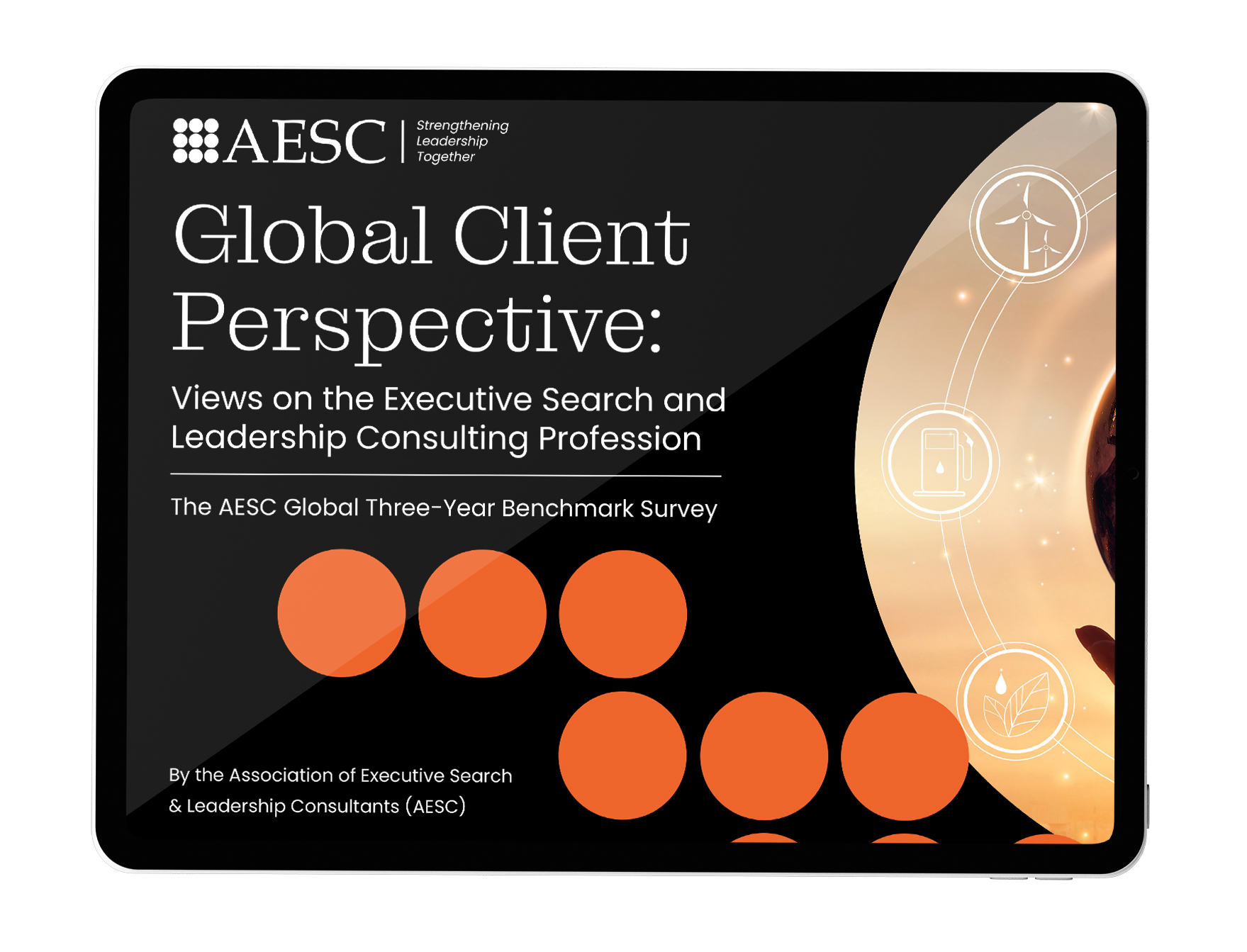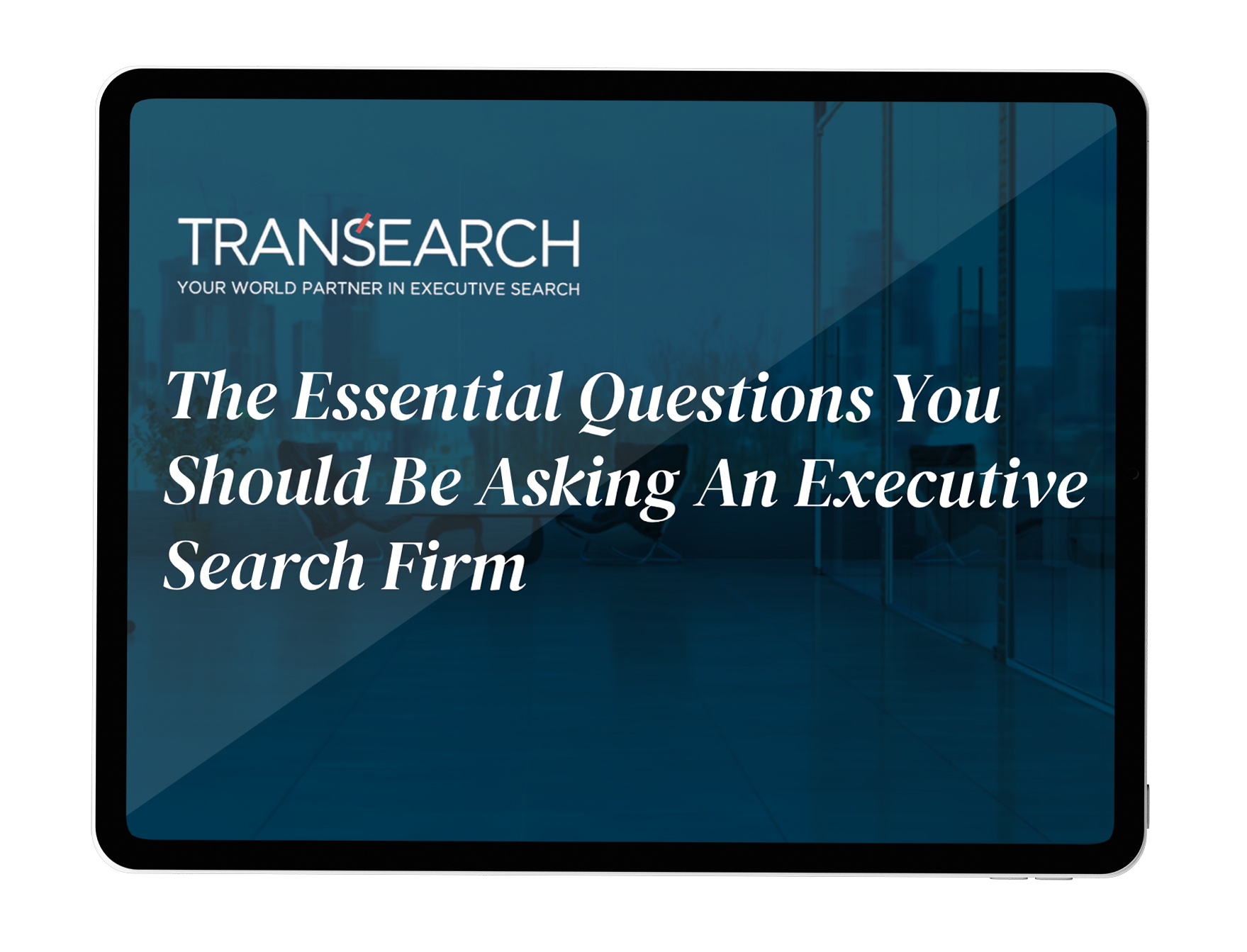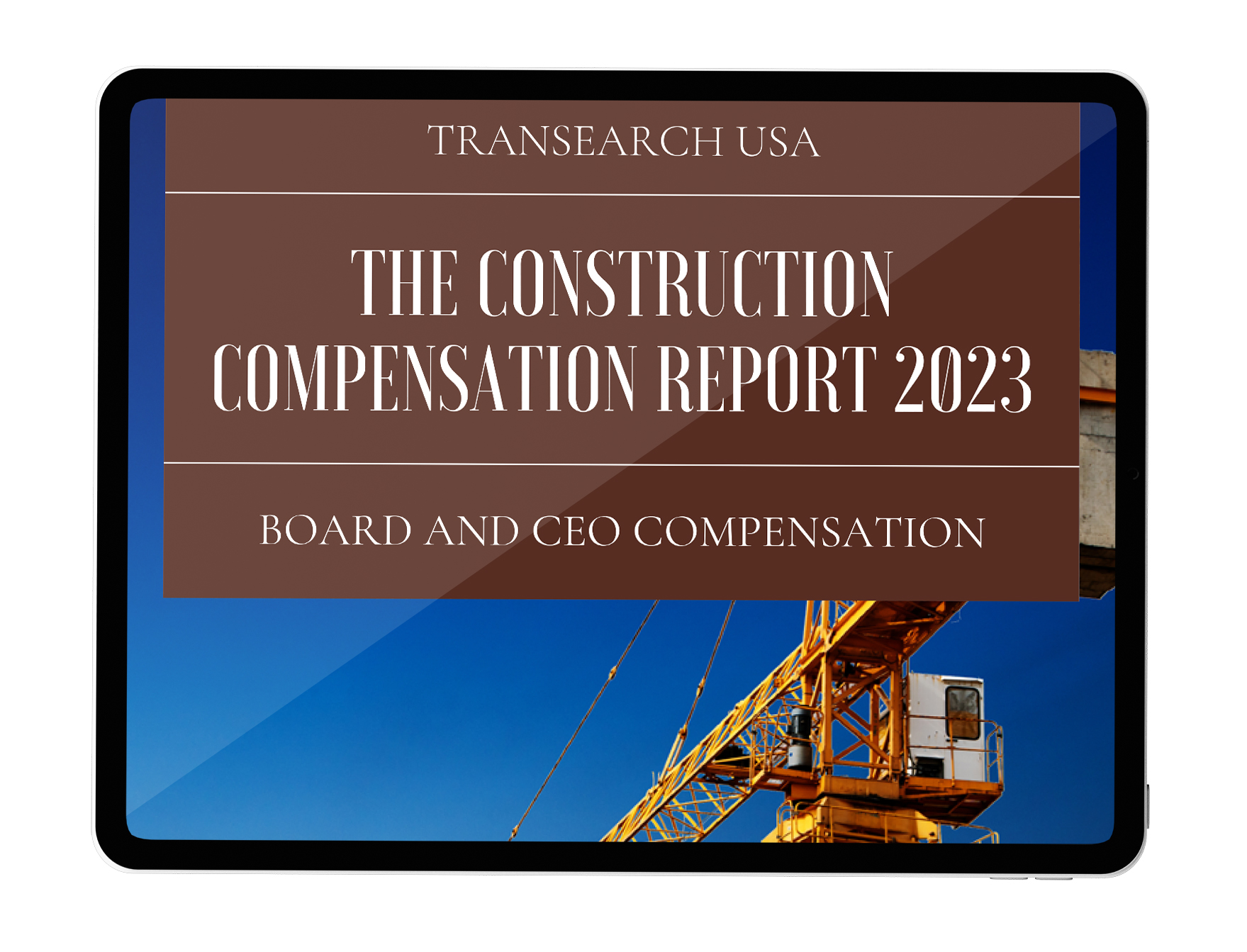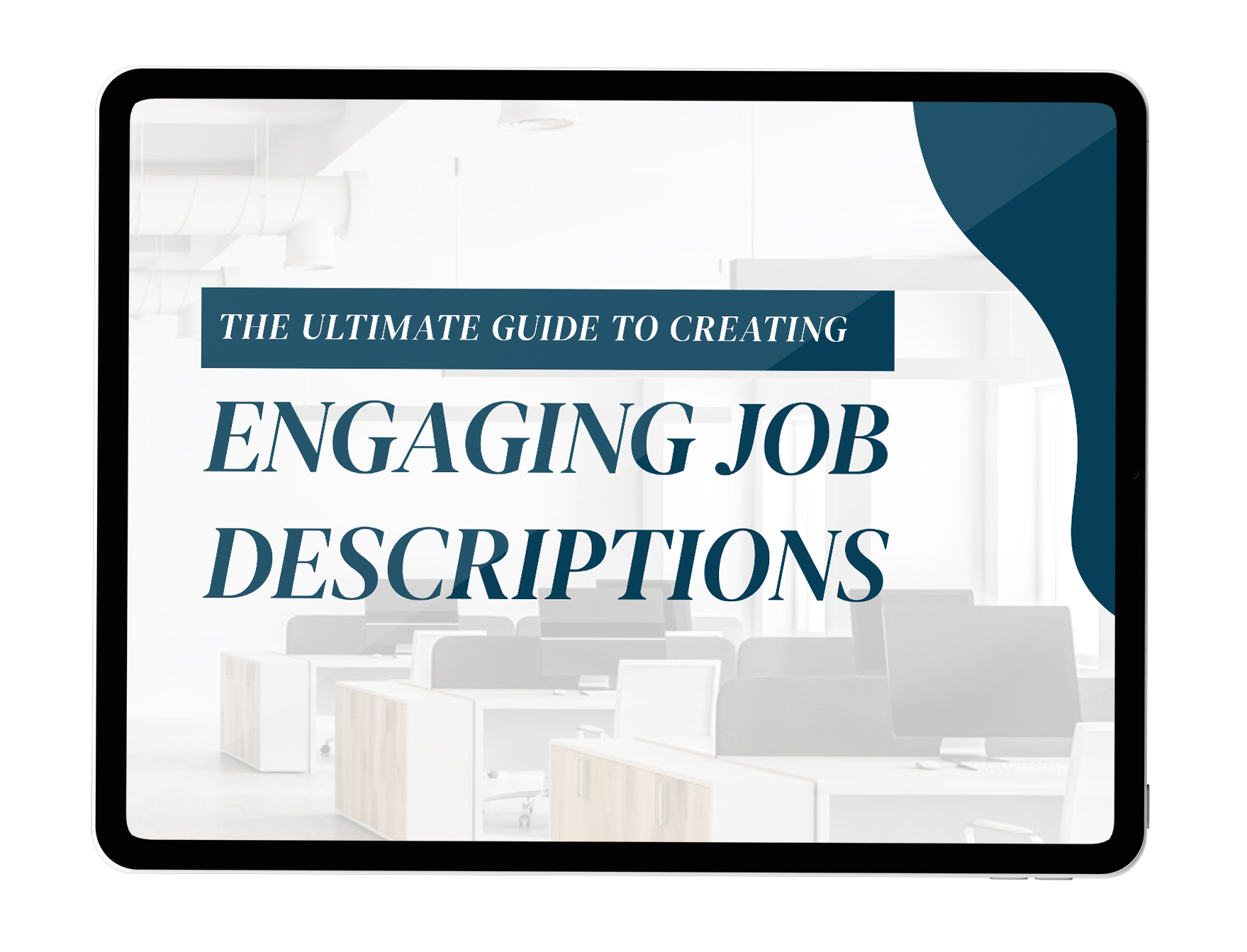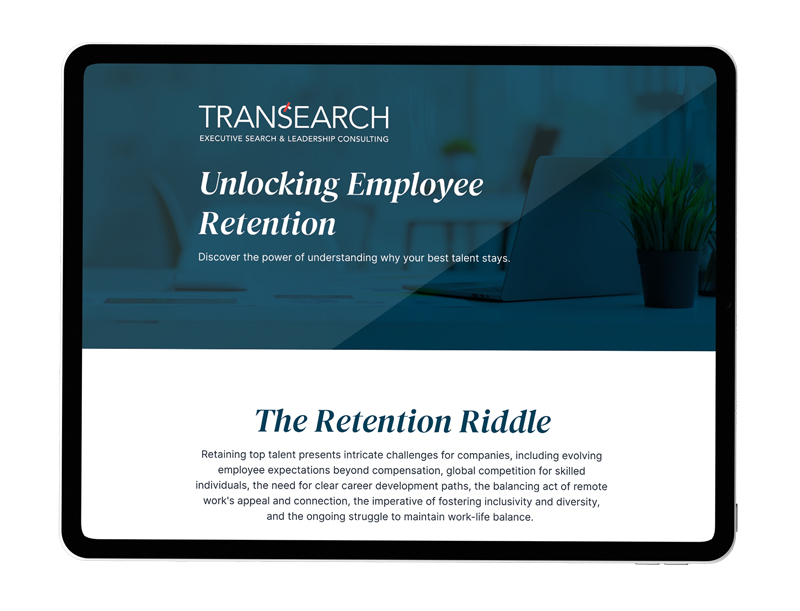It is vital to empower future leaders in surging industries such as renewable power and cleantech firms NOW. Companies must not wait for a vacancy before identifying tomorrow’s executives.
Today and over the last several years, green businesses have boomed. Renewable energy is the fastest-growing energy source in the United States, increasing 42% during the previous ten years and skyrocketing 90% over the last 20 years. Hiring is on fire, with green talent needs rising from 9.6% in 2015 to 13.3% in 2021 – a cumulative growth rate of 38.5%. Federal investment is another spark after President Biden signed new legislation earmarking $369 billion in spending on climate and energy policies.
Despite steep industry growth projections, an existential challenge today will determine the course of the sector’s future – a top-tier talent crunch.
“The hard truth is that right now; we are nowhere close to having sufficient green talent, green skills or green jobs to deliver the green transition,” according to LinkedIn.
Firms that were start-ups a decade ago are reaping tremendous financial rewards and are poised to scale up or sell the business. Investors and buyers are less likely to partner with companies struggling to fill their leadership pipeline or have not mapped out a succession strategy.
Indeed, while 84% of directors believe that the importance of a CEO succession plan has increased, only about half of boards have one in place.
This article offers advice, insight, and solutions for green companies to groom and search for successors in a highly competitive employment market.
Developing high-voltage talent
Providing high-voltage talent with formalized opportunities to nurture their leadership capabilities is a crucial part of succession planning. Organizations should focus on ‘future leader programs that build the skillsets needed for the rapidly changing green economy and broader workforce.
“Many sustainability employers look for people who have leadership potential or who have shown initiative in the past to make improvements to streamline a process or to save them time or money,” writes Lisa Yee-Litzenberg, President of Green Career Advisor. “We always keep an eye out for leadership potential… to ensure that we have strong talent coming up the pipeline.”
There is an emphasis on leaders developing soft skills, where the workforce is comparatively younger and led by burgeoning CEOs. In a survey of 5,000 Gen Z’ers , 69% felt that soft skills, such as people management and communication, would be more important than hard skills for future C-suite leaders. Your leadership development programs must foster these competencies, including a strong capacity for relationship building and leading others through understanding and inspiration.
The sea of talent isn’t only within
Renewable and cleantech firms have enjoyed rapid ascents due to the sound achievements of internal team members; there is good reason to look within for successors. Yet, we are now in a virtual world, where the global talent pool is vast, and organizations need to broaden their scope and look internally and externally.
It may be helpful to retain an external organization to help you design a comprehensive and holistic candidate profile. Have them apply their tools and resources to search strategically for super talent. In doing so, they will explore the candidate’s career progression, challenges they have managed successfully, their diversity of experiences, how they would fit with your organization’s culture, etc. Then, they have the expertise to employ a robust benchmarking methodology to see how your internal talent stacks up against external executives.
If the successors are within, then cultivate their competencies purposefully and passionately. If the great visionary leader is external, the journey of search and integration can be transformative for your future.
Integrate meticulously
McKinsey research shows that between 27 and 46% of executive transitions are viewed as failures or disappointments after two years. Why do successions have such a high failure rate? The answer lies in a frequently glossed-over part of succession – the integration of new leader(s). At TRANSEARCH, our global advisor on culture and leadership. John O. Burdett has written a whole playbook on how organizations should acclimate new leaders, Without Breaking Stride.
While there are many facets to the playbook, here are some key points: facets to the playbook, here are some key points:
- Landing and let go – Ease new leaders into the business; ensure they land softly. You need a meticulous approach to introducing them to new systems and processes, exploring existing organizational models, and introductory meetings with various stakeholders, from team members to customers.
- Building a constituency – New leaders have a far greater shot at success if they have a solid constituency of people who trust, support, and have confidence in them. The integration program should enable the new leader to immerse themselves with fellow senior executives, communicate and connect with team members directly and honestly, and proactively focus on delivering key priorities. When people see a new CEO, for example, roll up their sleeves and get into the weeds, their comfort with her will inevitably be on solid ground.
- Understand the strategy but know the culture – Rapidly orienting new executives to the culture they are joining will help them determine the most effective way to lead employees. Unfortunately, studies find “it is far more common for leaders seeking to build high-performing organizations to be confounded by culture,” according to Harvard Business Review. “They may lay out detailed, thoughtful plans for strategy and execution, but because they don’t understand culture’s power and dynamics, their plans go off the rails.”
Cultural education is paramount. Successors need to be in the trenches of the business quickly to see the various cultures and sub-cultures in action and engage with everyone from front-line staff to senior managers to Board members to get a solid grasp on the social order of the organization. Along with aligning with the culture, the successor will also shape the culture’s evolution in a way that “can unleash tremendous amounts of energy toward a shared purpose and foster an organization’s capacity to thrive.”





















